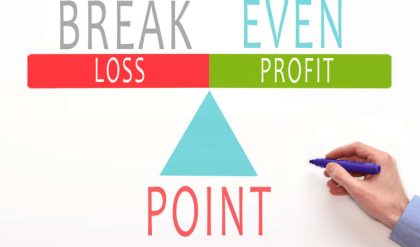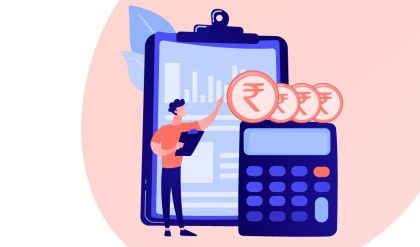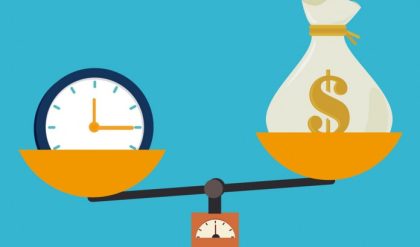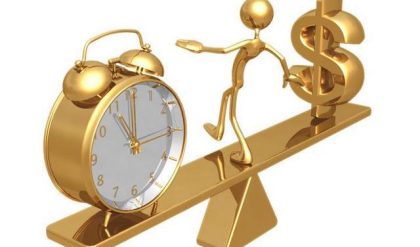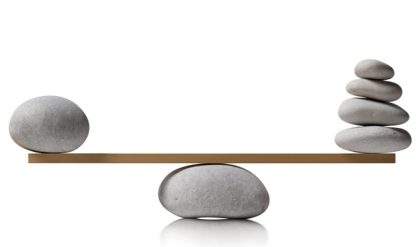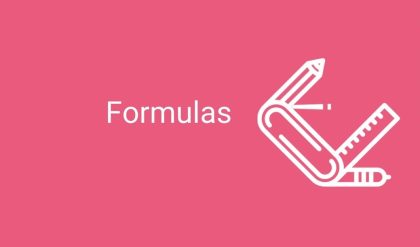Economic behaviour involves the exchange of one scarce resource for another. When people engage in paid work, they exchange their scarce time, effort, and skill for income, and, when people make purchases, they exchange their scarce income for scarce goods and services. Economic activity is driven by the need to exchange.
Wants and needs
The need to exchange has its roots in human biology. All humans are born with basic needs, including the need to eat and drink, the need to keep warm, and the need to be protected. These result in a sustained demand for food, drink, clothing, and shelter.
In addition, the human species has wants, which also have a strong influence on behaviour. DVDs, computers and foreign holidays are all examples of wants. As incomes rise the relative importance of wants increases in relation to needs. In a modern and affluent economy, the satisfaction of wants frequently dominates economic activity, while in less developed economies the satisfaction of basic needs remain the overwhelming goal.
Consumption
The process of satisfying needs and wants is called consumption. The need and desire to consume is, clearly, what drives individual economic actions and provides the motive for engaging in an exchange of scarce resources. To be able to consume, individuals need to exchange their skill and effort, or their enterprise, land or capital, for an income. They can then exchange this income for the scarce products they need or want. Through exchange, consumption is satisfied by a process called production.
